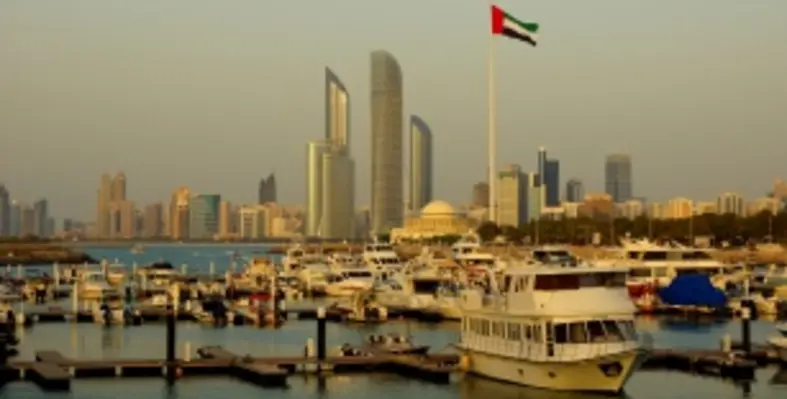The role of oil and gas in power generation was a focus of the first Global Ministerial Dialogue session at ADIPEC
This session, held on the first day of the conference, featured ministers from the UAE, Bahrain and Oman discussing the future of hydrocarbons in the region. Gas, in particular, was cited as the growth fuel for power generation, in competition with renewables, especially solar energy.
HE Suhail Mohamed Al Mazrouei, the UAE Minister of Energy, described the oil industry as "resilient" and urged the conference not to be "scared of renewables". Instead, he called for investment in renewables as well as sustainable investment in oil and gas to improve access to energy via power generation projects, help fund further development of alternative forms of energy and meet COP 21 climate change goals.
Minister Al Mazrouei also said that breakthroughs in technology, particularly with unconventional oil and gas extraction and advances in surveys, will make the industry more efficient and sustainable. John Simpson, the BBC broadcaster and moderator of the session, asked the ministers if they were optimistic about the future of the oil and gas industry. It became clear that gas is where the growth is, particularly as it is the cleanest of the fossil fuels and it is playing an increasing role in providing access to energy, alongside renewables. Minister Al Mazrouei said that gas needs to be able to compete with solar power and Minister Al Khalifa echoed these sentiments, citing the cheap price of solar energy to consumers.
HE Dr Mohammed Bin Hamad Al Rumhy, the Oman Minister of Oil and Gas pointed out that while gas has great potential to help the estimated 2 bn people across the world who do not have access to reliable sources of energy, it is a difficult fuel to transport but it is a "good alternative" and he praised the growth of the LNG sector for improving transport, particularly across the Middle East and Asia.
"The challenge is to make gas the fuel of choice, to offer hope to the 2 bn people looking for a good source of energy," said Dr Al Rumhy.
HE Sheikh Mohammed Bin Khalifa Al Khalifa, the Bahrain Oil and Gas Affairs Minister, agreed that gas has become the "preferred fuel for electricity'. He added that transportation is a challenge for gas, particularly with LNG, but these challenges need to be met because "geologically, gas is more abundant than oil".
"They are prepared to be responsible, OPEC was not designed to be a cartel," said Minister Al Khalifa.








